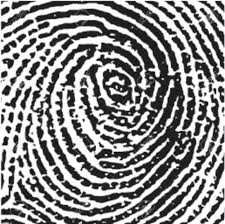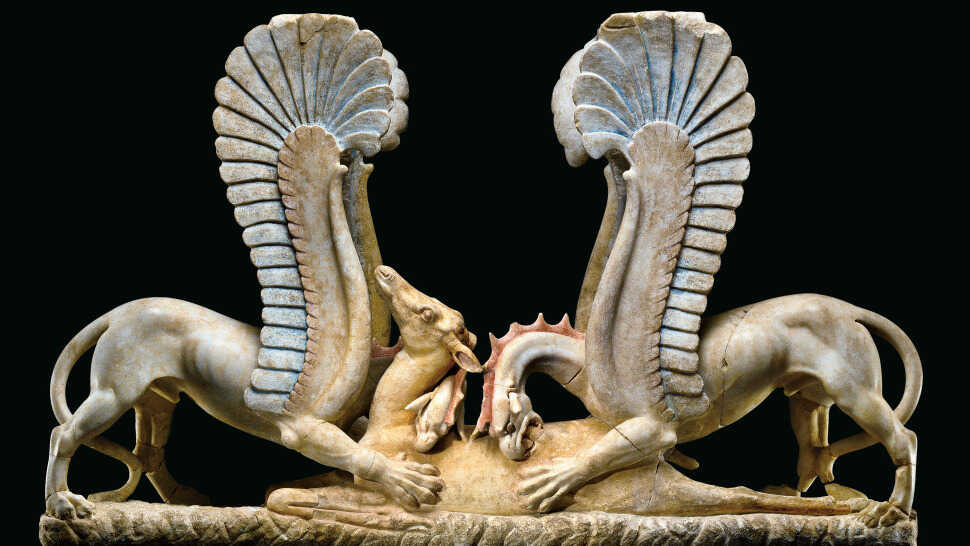Q & A Session Dates
Session I, Saturday, 5 October 2024⋅7:00 – 8:30 pm CET (1:00 – 2:30 pm EST)
Session II, Saturday, 5 October 2024⋅7:00 – 8:30 pm CET (1:00 – 2:30 pm EST)
NOTE: If you would like to enroll in one of these free online Q & A sessions, please send us an email indicating your preferred date to education@artcrimeresearch.org and we will send you a WebEx link for your requested session.
A reminder email will also be sent out to all registered participants within 48 hours of registration.
Session Description
Join us for a 1.5 hour interactive Q&A session where attendees will have a chance to dive deep into ARCA’s prestigious Postgraduate Certificate Program in Art and Antiquities Crime and meet with some of our lecturers!
Curious about the world of art crime? Join our Live Q&A to explore ARCA’s Postgraduate Certificate Program in Art and Antiquities Crime!
During this This is your chance to ask anything—from program details to career prospects—and learn why specialized training is essential for addressing the global crisis of art theft and heritage trafficking. Our experts will explain how this program equips you with the skills to investigate, recover, and protect stolen cultural treasures. Whether you’re passionate about history, crime, or justice, discover how you can turn that interest into a meaningful career in the fight to preserve the world’s art and antiquities!
Key Concepts Covered include:
➣ What is meant by Organised Crime (OC) and Transnational Organised Crime (TOC).
➣ How Transnational Organised Crime has an intractable footprint in the glamorous world of art.
➣ Transnational crime actors: the self-perpetuating associations of individuals who operate, wholly or in part, by illegal means and irrespective of geography.
➣ A sampling of noteworthy cases, each chosen because it represents a trend, change, or category we are observing in transnational art and antiquities crime today.
At the course’s conclusion, participants will come away with a solid introductory understanding of the history and evolution of this oft-overlooked, sector off the crime world.
Instructors:
This course is taught by Lynda Albertson, the CEO of the Association for Research into Crimes Against Art who spearheads a variety of ARCA initiatives related to the protection of endangered cultural heritage, countering illicit trade, and providing methods and approaches to examine and address looting and trafficking.
What You’ll Learn
How transnational art crime differs from drugs and arms smuggling
About the lifecycle from theft to market
And how legislative vacuums allow traffickers to move the stolen items around the world, hiding in plain site.
How private collectors and museums sometimes contribute to the problem
Why some counties are at greater risk
We will examine cases illustrating how criminal actors exploit heritage vulnerabilities for profit.

